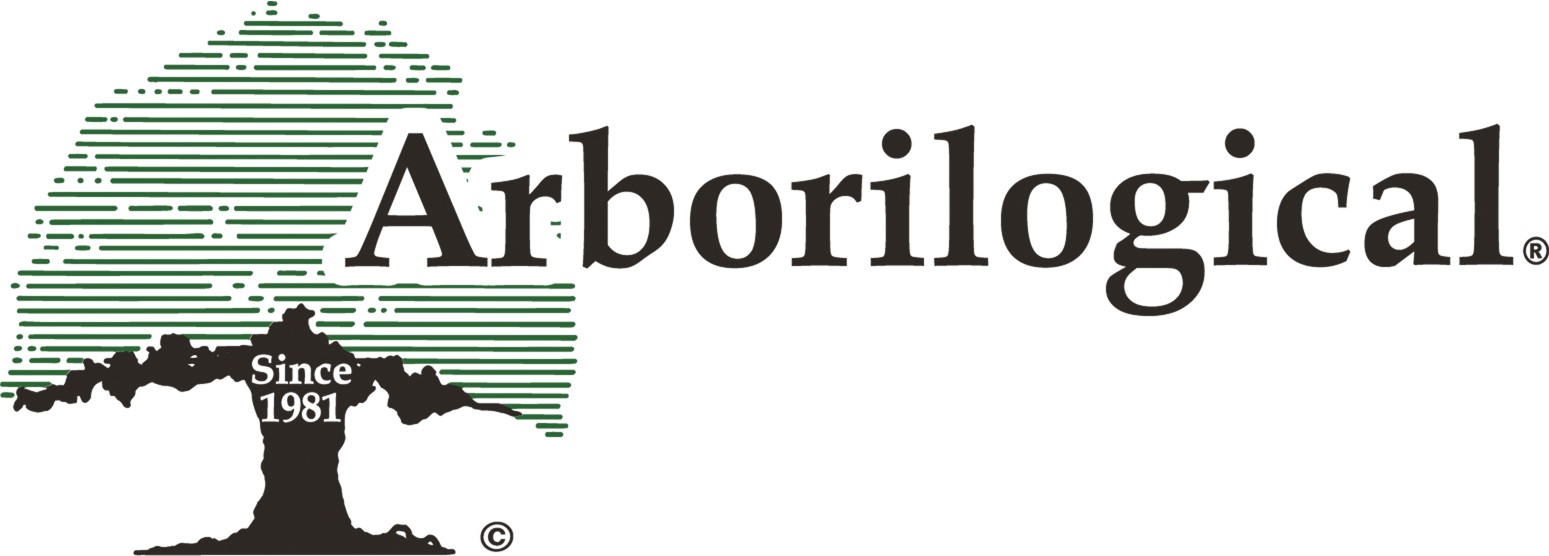What Dallas City Council Decided on Bikes, Scooters, Reverchon Park, Trees, a 173M Settlement and More

Published June 29, 2019 By TRISTAN HALLMAN and ROBERT WILONSKY
To read the full article, visit Dallas Morning News at https://www.dallasnews.com/news/2018/06/27/what-dallas-city-council-decided-on-bikes-scooters-reverchon-park-trees-a-173m-settlement-and-more/.
Lawsuits and scooters and bikes, oh my.
In its final meeting before summer recess, Dallas City Council voted Wednesday on a plethora of impactful items, such as scooter and bike-share regulations, a massive settlement for police-and-fire pay lawsuits and new fees meant to boost greenery.
Here are some of the biggest actions taken by the council:
Dockless bike share and electric scooters
The city now has rules of the road — and of the sidewalks — for bikes and motorized scooters.
Nearly a year after five companies started raining rentals all over the city, the council unanimously approved regulations that will require bike and scooter operators to get permits and force them to pay the city per vehicle.
Visit Dallas Morning News for the full story.
The big payout
The council disposed of a decades-long legal dispute — which threatened the city's fiscal future — after about three minutes Wednesday. A few brief comments were followed by a unanimous council vote to authorize the $173 million settlement for the last of the police-and-fire pay lawsuits.
Visit Dallas Morning News for the full story.
A greener city
In a series of votes, the council decided that green is good.
A rewrite of the city's tree preservation ordinance, known as Article X, passed unanimously after a decade in the making. The ordinance was the result of compromise between two parties who eyed each other with great suspicion: developers who have long claimed it was too cost-prohibitive to spare trees in the course of building housing, and the environmentalists who had seen the tree canopy replaced by developers' cranes.
The Article X redo will, among other things, incentivize developers for sparing trees or making their housing more sustainable, encourage the planting of new trees and find ways to finally spend the $7 million in the city's reforestation fund.
Steve Houser, former chair of the Urban Forest Advisory Committee, told the council both environmentalists and developers were "equally perturbed" by the Article X rewrite. And that, he said, was a good thing.
The council also approved another new requirement that won support from people in the real estate business and parks advocates alike. The park land dedication ordinance, which passed unanimously, will require housing and hotel developers to add green space or pay a fee to fund parks. Many other cities already have such an ordinance.
The money will be collected and spent in the same parts of the city. But the funds collected in the growing city center, which is already getting some new parks, will also pay to improve citywide trails.
Far North Dallas representative Sandy Greyson tacked on an amendment that could allow the council to waive fees if developers provide affordable housing.
In addition, the city will turn over century-old Reverchon Park baseball field to Reverchon Sports and Entertainment LLC, which is promising to build a new ballfield and stadium on the Oak Lawn site. The company is promising, among other things, to replace aging facilities with 1,400 permanent seats and an additional 600 to 1,000 temporary bleacher seats. The city is hoping to use it as a year-round venue — for music events as well as sporting events.
'Granny flats'
Dallas neighborhoods could have accessory dwelling units — often called granny flats or mother-in-law suites — under a new zoning tool approved Wednesday.
Residents can now ask the city's Board of Adjustment for permission to rent out such a unit on their property. And neighborhoods could request an accessory dwelling unit overlay in their area.
Visit Dallas Morning News for the full story.
*A subscription to Dallas Morning News is required to read the full stories in the links mentioned above.
